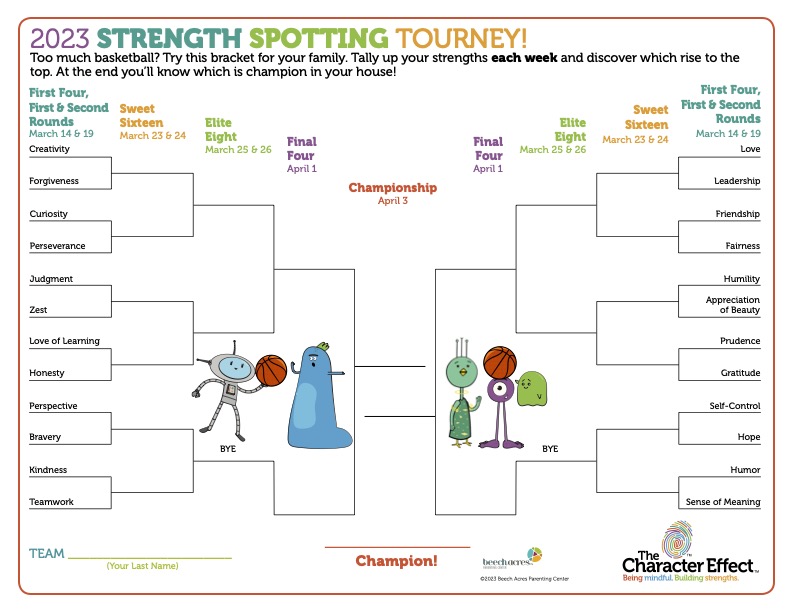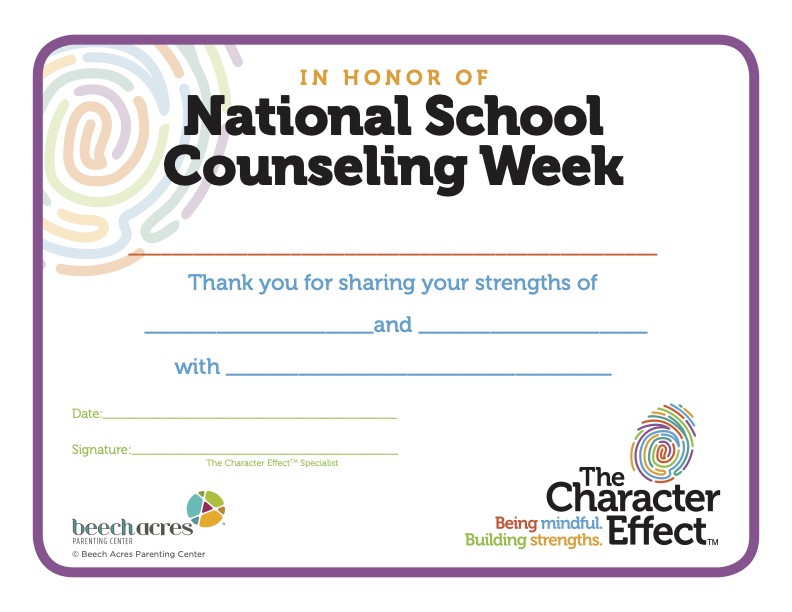What are ACEs?
July 30, 2019
Adverse Childhood Experiences, commonly referred to as ACEs, is the broad term that is used to describe all types of abuse, neglect, and other potentially traumatic experiences that occur to people under the age of 18.
The initial questionnaire in the study of ACEs identified and measured ten traumatic incidents that significantly impacted the course of a child’s life.
Personal incidents:
- physical abuse
- verbal abuse
- sexual abuse
- physical neglect
- emotional neglect
Environmental or relational incidents:
- alcoholism or substance abuse by parent or guardian
- mother who is a victim of domestic violence
- incarcerated family member
- close family member diagnosed with a mental illness
- absence or loss of parent through divorce, death, or abandonment
The toxic stress generated by these Adverse Childhood Experiences causes sustained response by the body’s stress response systems. This ongoing reaction to stress actual rewires the brain. Toxic stress caused by ACEs is linked to severe lifelong, even generational consequences on individuals, families and communities. (Link)
Adverse Childhood Experiences have been linked to:
- risky health behaviors
- chronic health conditions
- low life potential
- early death
How do we address ACEs?
A child with higher ACE’s is more likely to have decreased physical activity, increased likelihood of smoking, alcoholism, and drug use, severe obesity, diabetes, suicide attempts, STD’s, heart disease, cancer, stroke, COPD, and broken bones. However, ACEs do not have to define families and their future.
For the student with higher ACEs score, learning may not be the highest priority (not because they don’t care, or they aren’t smart) but because they are in a consistently unpredictable environment. Creating routines using The Character Effect™ curriculum can be an excellent way for the student with higher ACEs scores to feel safe and get into ‘School brain’ mode for class.
The Character Effect™ is a social and emotional curriculum that is designed to improve teacher’s self-care and increase parent engagement in their child’s school community. Rallying all of the adults in a child’s life around their strengths can improve student’s self-control, increase their classroom participation, cultivate an atmosphere of respect of others, and boost their overall self-acceptance.




 Contact
Contact